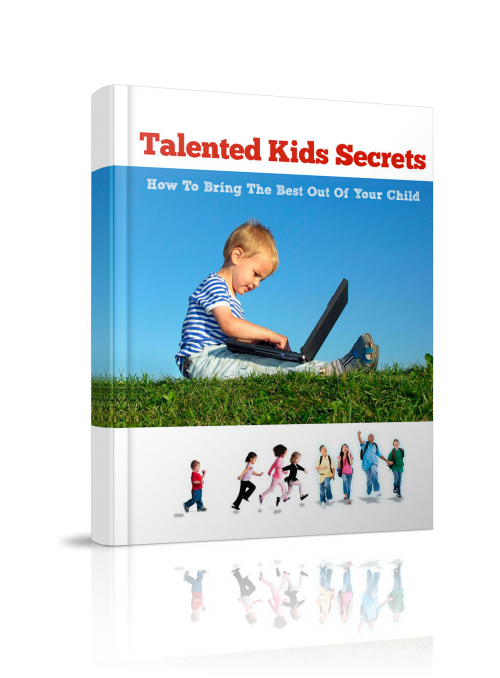
Nurture the Hidden Genius in your Child
When it comes to children, especially young children, I would prefer choosing nurture over nature. Every infant is born with a blank slate, ready to absorb all the knowledge and skills their parents or caregivers can possibly give. Definitely, we cannot deny that every infant who comes upon Earth also brings with them their inborn traits.
Assuming that every child is born with no developmental delays, no underlying learning difficulties or challenges, then his or her unique, individual capacities to grow into geniuses can be quite a reality if their prime educators are very much involved in bringing up their children and taking the appropriate steps towards nurturing them. Who knows, maybe the next Mozart, Einstein or Picasso is waiting to emerge like a beautiful butterfly within your family.
There are simply so many areas we can nurture our children…..
- Nurture their curiosity
- Nurture their intrinsic motivation
- Nurture their willpower & resilience
- Nurture their emotional intelligence
- Nurture their love of learning
- Nurture their creativity
- Nurture their love of nature
- Nurture their love of the arts, sports, music
- Nurture their cognition
- Nurture their critical thinking skills
- Nurture their decision making skills
The list goes on and on…..
Why is nurturing so important?
A young child (let’s name him Chris) has been nurtured in his spatial, visual, logical, mathematical, and reasoning skills since he was two years old. He is a strong reader as well because his parents introduced him to books very early on. He has a high tendency to do extremely well academically. At a young age of 6, he has already achieved in standard equivalent to that of a 9-year-old for his English and Math subjects. Going to lessons designed for 7-year-olds, he easily feels bored and unchallenged. In this case, can we conclude that he is gifted? Well, in my opinion, he is ‘gifted’ enough to have been able to learn so many things in a short span of 6 years, thus we could conclude that he has a high potential for greater achievements. Are our schools able to properly provide and stimulate him further? Let’s assume that his school can’t and his parents are also unable to provide him further mental challenges, will his strong learning ability deteriorate? Research has strongly shown that if Chris is not further stimulated, his academic ability will start to drop to that of his chronological age. This is one of the effects of long-term underachieving. Is this fair to Chris?
There is another child (let’s name him Tom). His parents did not feel the need to nurture him in similar aspects as Chris because they wanted ‘nature to take its course’ and ‘give Tom a more relaxed pace’. However, now that Tom is in Primary 3, he starts to feel the stress of learning. He is not coping well with his English because he lacks the vocabulary and proper grammar rules to express his writing piece. He is a weak reader, not to mention that he could not read between the lines which is a very much needed skill to answer comprehension questions. He could not understand abstract concepts in Math and is unable to visualise well. His overall standard in English and Math is considered weak. THEN his parents start to worry about his ability to cope with PSLE and thus decided to send him to tuition lessons, costing them at least a thousand every month. They have yet to see tangible results since Tom started having intensive tuitions 6 months ago.
The above scenario replays itself even in the area of the arts, music, sports, creativity, curiosity, motivation, etc.
What we do
We HELP YOU to nurture your child for the future, to be WISE – Growing up intellectually–curious, fair-minded, & reflective thinkers!









